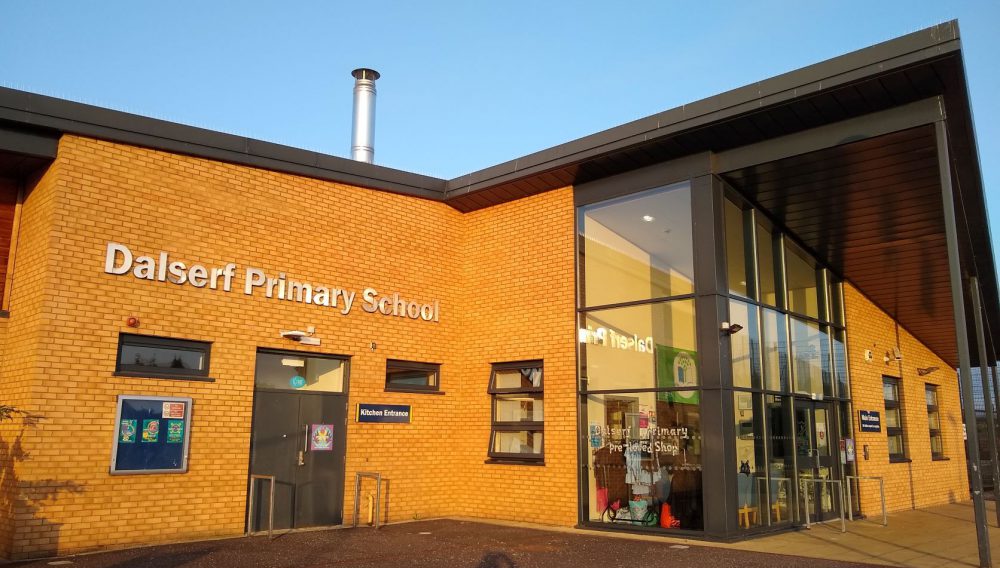The National Improvement Framework
The National Improvement Framework is based on achieving excellence and equity for all, regardless of children’s social background and circumstances.
The Framework sets out four priority areas for change, which provide a shared focus for all partners to work together to make that vision a reality.
The National Improvement Framework for Scottish Education was announced in September 2015 and the final publication was launched by the First Minister of Scotland, Nicola Sturgeon MSP, on 6 January 2016.
There are four key priorities that everyone in Scottish education should be working towards:
- Improvement in attainment, particularly in literacy and numeracy;
- Closing the attainment gap between the most and least disadvantaged children;
- Improvement in children’s and young people’s health and wellbeing; and
- Improvement in employability skills and sustained, positive school leaver destinations for all young people
The Framework identifies 6 key drivers of improvement – progress across all of these is needed to deliver the improvements we want to see for all children:
- School leadership
- Teacher professionalism
- Parental engagement
- Assessment of children’s progress
- School improvement
- Performance information
Click on this link for more information……
National Improvement Framework

Pupil Equity Funding
Pupil Equity Funding is funding that schools are allocated to provide the best possible opportunities for children’s learning. It is intended to support children who experience barriers to learning and who might be falling behind or not getting the same chances in their education because their family is experiencing poverty or other financial difficulties. This money is given to schools as part of the Scottish Government’s Scottish Attainment Challenge.
This year Dalserf Primary has been allocated £14400 and this will be used to help improvement attainment in literacy, numeracy and health and wellbeing. Each school’s allocation is based on additional funding of £1200 per child who is registered to receive free school meals.
Please click on this link for further information.
Scottish National Standardised Assessments (SNSA)
As from August 2017 Scottish school children will undertake National Standardised
‘The assessments will help to identify children’s progress, providing diagnostic information to support teachers’ professional judgement. Children and young people do not have to revise or prepare for these assessments. The assessments are as inclusive as possible to accommodate the needs of children and young people who require additional support. There is no pass or fail.’
The assessments are web-based and are carried out in literacy and numeracy. Each assessment has 30-41 questions, and although there is no time limit each assessment usually takes between 30 and 40 minutes.
In Literacy reading, spelling, punctuation and grammar are assessed.
What do we need this information for?
This information is used alongside that gathered on a day-to-day basis by class teachers from observations and interactions with children. Reports from the SNSAs will
- detail areas where children have shown particular success or where they need a little bit more experience
- help us to plan next steps in learning for children.
Please click on the link below for more information.


